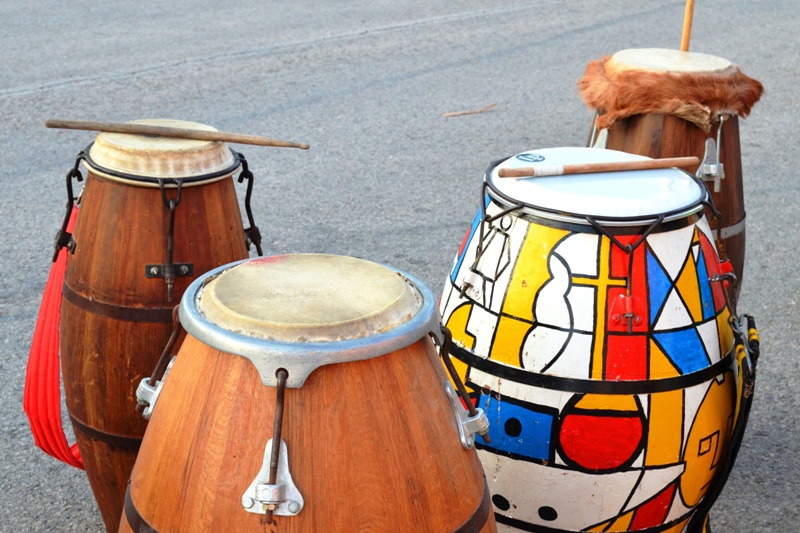This innovative international education program is made up of themed courses that students can select based on their specific interests.
Accompanying the academic offering is a cultural and linguistic program called “The Intercultural Learning Initiative.” This component of the program allows participants to share aspects of their own languages and cultures and get to know diverse sociocultural and linguistic expressions of Argentina and the Rio de la Plata region.
The courses approach contemporary themes in Argentina and Latin Americana. They are taught online through synchronous and asynchronous lectures, seminars, multimedia resources, and video conferences with experts in the field. The courses are intended for Spanish speakers or learners who have an interest in Latin America and prior training in social sciences and the humanities.
Based on their academic interests, availability, and language proficiency, students can decide which course or courses are best for them!





